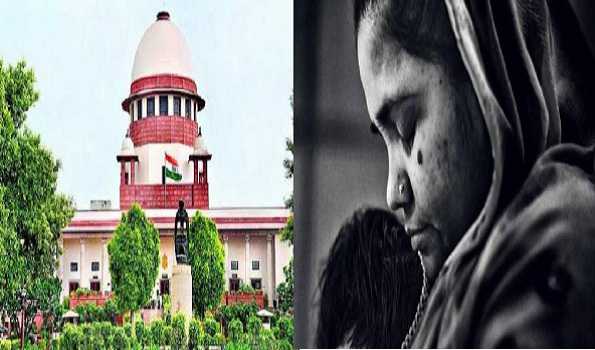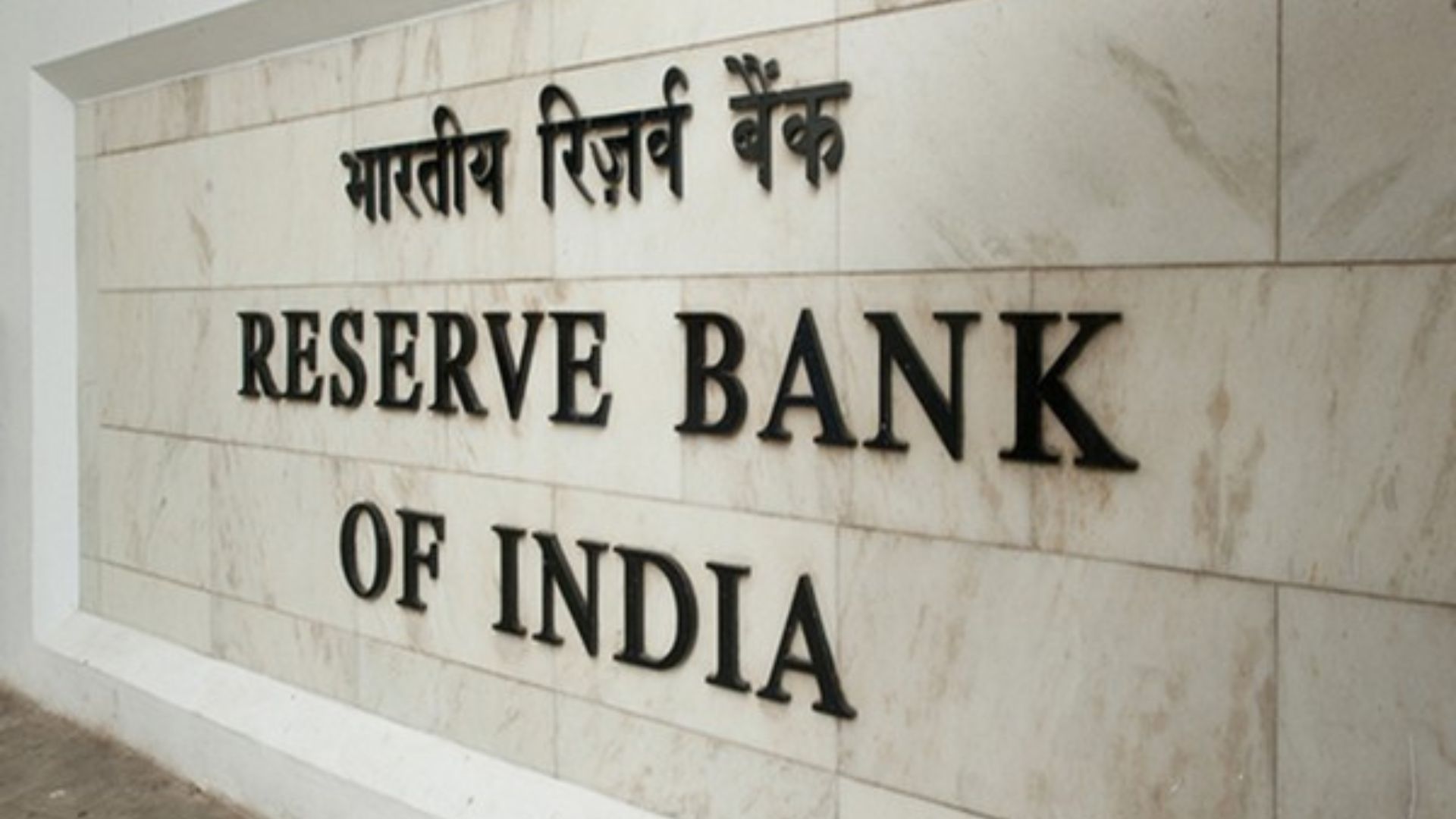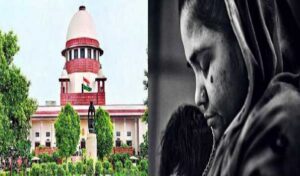It is really most refreshing to note that while making the right move in the right direction, the Supreme Court in a most learned, laudable, landmark and latest judgment titled Bilkis Yakub Rasool vs Union of India & Others in Writ Petition (Crl.) No. 491 of 2022 and 5 Other Writ Petitions (Crl.) No. 319, 326, 352, 403 and 422 of 2022 that was pronounced on January 8, 2024 has very rightly set aside the remission of 11 convicts sentenced to life imprisonment for multiple murders and gang rapes including that of Bilkis Bano during the 2002 communal riots in Gujarat. It may be recalled that after an 11-day hearing that began in August, a Division Bench of Hon’ble Ms Justice BV Nagarathna and Hon’ble Mr Justice Ujjal Bhuyan had reserved its judgment on October 12. The Apex Court held that the State of Gujarat was not the “appropriate government” to decide the issue of remission as the trial was held in the State of Maharashtra.
We thus see that since the Gujarat State Government was found to be incompetent, the remission orders were held to be invalid by the top court. Accordingly, we thus see that the Apex Court directed the convicts who were given premature release in August 2022 to surrender in prison within two weeks. Advocate Shobha Gupta who argued for Bilkis Bano very rightly argued that the punishment imposed on Bilkis Bano rapists ought to be proportional to the nature and seriousness of the crime they had committed which included 14 murders and three gang-rapes.
In hindsight, we had seen how earlier Bilkis Bano had approached the Apex Court challenging premature release of the 11 convicts. But it was dismissed. She had also sought a review petition against the top court judgment allowing the Gujarat government to make a decision on remission of the 11 convicts which was dismissed by the Bench of Justices Ajay Rastogi and Vikram Nath. But finally she gets justice as the Apex Court sets aside the remission of the 11 convicts. Very rightly so!
While underscoring the sheer outrageous brutality of the most macabre crime that was perpetrated, Shobha asked and observed that, “Bilkis saw her first child’s head being smashed on a stone. She kept pleading to the attackers because she was from the same locality as them. That is why she could name them. She knew them because they were from the locality. But they showed her or her family no mercy…Are these people – the perpetrators who have been found guilty of committing these crimes – deserving of the leniency shown to them?”
We need to certainly note that Hon’ble Ms Justice BV Nagarathna while expressing her strong disapproval over the open partiality in granting remission posed an important query pertaining to the remissions being selectively applied across the country. She asked, “How far is this law being applied to inmates in jail? Why are our jails overcrowded? Particularly with undertrials? Why is the policy of remission being applied selectively?”
Preface
At the very outset, this brilliant judgment authored by Hon’ble Ms Justice BV Nagarathna for a Division Bench comprising of herself and Hon’ble Mr Justice Ujjal Bhuyan sets the ball in motion by first and foremost stating in para 1 to put it tersely that, “Plato, the Greek Philosopher in his treatise, The Laws, underscores that punishment is to be inflicted, not for the sake of vengeance, for what is done cannot be undone, but for the sake of prevention and reformation (Thomas L. Pangle, The Laws of Plato, Basic Book Publishers, 1980). In his treatise, Plato reasons that the lawgiver, as far as he can, ought to imitate the doctor who does not apply his drug with a view to pain only, but to do the patient good. This curative theory of punishment likens penalty to medicine, administered for the good of the one who is being chastised (Trevor J. Saunders, Plato’s Penal Code: Tradition, Controversy, and Reform in Greek Penology, Oxford University Press, 1991). Thus, if a criminal is curable, he ought to be improved by education and other suitable arts, and then set free again as a better citizen and less of a burden to the state. This postulate lies at the heart of the policy of remission. In addition, there are also competing interests involved– the rights of the victim and the victim’s family to justice vis-a-vis a convict’s claim to a second chance by way of remission or reduction of his sentence for reformation. Over the years, this Court initially attached greater weight to the former and has expressed scepticism over the latter, particularly if the offence in question is a heinous one. This sentiment can be gathered from the following observations of Fazal Ali J. in Maru Ram vs. Union of India, AIR 1980 SC 2147 (“Maru Ram”): “77. … It is true that there appears to be a modern trend of giving punishment a colour of reformation so that stress may be laid on the reformation of the criminal rather than his confinement in jail which is an ideal objective. At the same time, it cannot be gainsaid that such an objective cannot be achieved without mustering the necessary facilities, the requisite education and the appropriate climate which must be created to foster a sense of repentance and penitence in a criminal so that he may undergo such a mental or psychological revolution that he realises the consequences of playing with human lives. In the world of today and particularly in our country, this ideal is yet to be achieved and, in fact, with all our efforts it will take us a long time to reach this sacred goal.
79. The question, therefore, is — should the country take the risk of innocent lives being lost at the hands of criminals committing heinous crimes in the holy hope or wishful thinking that one day or the other, a criminal, however dangerous or callous he may be, will reform himself. Valmikis are not born everyday and to expect that our present generation, with the prevailing social and economic environment, would produce Valmikis day after day is to hope for the impossible.”
A woman deserves respect howsoever high or low she may be otherwise considered in society or to whatever faith she may follow or any creed she may belong to. Can heinous crimes, inter alia, against women permit remission of the convicts by a reduction in their sentence and by granting them liberty? These are the issues which arise in these writ petitions.”
Details of the writ petitioners:
Briefly stated, the Bench lays bare in para 2 that, “These writ petitions have been filed assailing the Orders dated 10.08.2022, granting remission and early release of respondent Nos.3 to 13 in Writ Petition (Crl.) No.491 of 2022 (which petition shall be considered to be the lead petition), who were all convicted, having been found guilty of committing heinous crimes during the large-scale riots in Gujarat on 28.02.2002 and a few days thereafter which occurred in the aftermath of the burning of the train incident in Godhra in the State of Gujarat on 27.02.2002.
2.1. The grotesque and diabolical crime in question was driven by communal hatred and resulted in twelve convicts, amongst many others, brutally gang-raping the petitioner in Writ Petition (Crl.) No.491 of 2022, namely, Bilkis Yakub Rasool, who was pregnant at that time. Further, the petitioner’s mother was gang raped and murdered, her cousin who had just delivered a baby was also gang raped and murdered. Eight minors including the petitioner’s cousin’s two-day-old infant were also murdered. The petitioner’s three-year-old daughter was murdered by smashing her head on a rock, her two minor brothers, two minor sisters, her phupha, phupi, mama (uncle, aunt and uncle respectively) and three-cousins were all murdered.
2.2. While eventually, the perpetrators of the crime, including the police personnel were convicted and sentenced, the petitioner, who was aged twenty-one years and pregnant at that time, having lost all members of her family in the diabolical and brutal attacks, has once again approached this Court seeking justice by challenging the en-masse remission granted to respondent Nos.3 to 13. Bilkis Yakub Rasool, being an unfortunate victim of the heinous crimes hereinabove narrated, has filed the present writ petition under Article 32 of the Constitution of India, seeking issuance of a writ, order or direction quashing the Orders dated 10.08.2022 passed by the State of Gujarat by which the convicts in Sessions Case No.634 of 2004, Mumbai (respondent Nos.3 to 13 herein), whose convictions were upheld by a Division Bench of the Bombay High Court and thereafter by this Court, have been released prematurely.”
Do note, the Bench notes in para 62 that, “Rule of law means wherever and whenever the State fails to perform its duties, the Court would step in to ensure that the rule of law prevails over the abuse of the process of law. Such abuse may result from, inter alia, inaction or even arbitrary action of protecting the true offenders or failure by different authorities in discharging statutory or other obligations in consonance with the procedural and penal statutes. Breach of the rule of law, amounts to negation of equality under Article 14 of the Constitution.”
More precisely, the Bench notes in para 63 that, “More importantly, rule of law means, no one, howsoever high or low, is above the law; it is the basic rule of governance and democratic polity. It is only through the courts that rule of law unfolds its contours and establishes its concept. The concept of rule of law is closely intertwined with adjudication by courts of law and also with the consequences of decisions taken by courts. Therefore, the judiciary has to carry out its obligations effectively and true to the spirit with which it is sacredly entrusted the task and always in favour of rule of law. There can be no rule of law if there is no equality before the law; and rule of law and equality before the law would be empty words if their violation is not a matter of judicial scrutiny or judicial review and relief and all these features would lose their significance if the courts don’t step in to enforce the rule of law. Thus, the judiciary is the guardian of the rule of law and the central pillar of a democratic State. Therefore, the judiciary has to perform its duties and function effectively and remain true to the spirit with which they are sacredly entrusted to it. In our view, this Court must be a beacon in upholding rule of law failing which it would give rise to an impression that this Court is not serious about rule of law and, therefore, all Courts in the country could apply it selectively and thereby lead to a situation where the judiciary is unmindful of rule of law. This would result in a dangerous state of affairs in our democracy and democratic polity.”
Do also note, the Bench notes in para 64 that, “Further, in a democracy where rule of law is its essence, it has to be preserved and enforced particularly by courts of law. Compassion and sympathy have no role to play where rule of law is required to be enforced. If the rule of law has to be preserved as the essence of democracy, it is the duty of the courts to enforce the same without fear or favour, affection or ill-will.”
Most sagaciously, the Bench propounds in para 65 that, “The manner of functioning of the court in accord with the rule of law has to be dispassionate, objective and analytical. Thus, everyone within the framework of the rule of law must accept the system, render due obedience to orders made and in the event of failure of compliance, the rod of justice must descend down to punish. It is mainly through the power of judicial review conferred on an independent institutional authority such as the High Court or the Supreme Court that the rule of law is maintained and every organ of the State is kept within the limits of the law. Thus, those concerned with the rule of law must remain unmindful and unruffled by the ripples caused by it. Rule of law does not mean protection to a fortunate few. The very existence of the rule of law and the fear of being brought to book operates as a deterrent to those who have no scruples in killing others if it suits their ends. In the words of Krishna Iyer, J., “the finest hour of the rule of law is when law disciplines life and matches promise with performance”. In ADM, Jabalpur vs. Shivakant Shukla, H.R. Khanna, J. in his dissenting judgment said, “rule of law is the antithesis of arbitrariness”.”
Quite commendably, the Bench underscores in para 67 stating that, “This Court has further observed that the principle of justice is an inbuilt requirement of the justice delivery system and indulgence and laxity on the part of the law courts would be an unauthorized exercise of jurisdiction and thereby, put a premium on illegal acts. Courts have to be mindful of not only the spelling of the word “justice” but also the content of the concept. Courts have to dispense justice and not justice being dispensed with. In fact, the strength and authority of courts in India are because they are involved in dispensing justice. It should be their life aim.”
Quite significantly, the Bench expounds in para 68 that, “The faith of the people in the efficacy of law is the saviour and succour for the sustenance of the rule of law. Justice is supreme and justice ought to be beneficial for the society. Law courts exist for the society and ought to rise to the occasion to do the needful in the matter. Respect for law is one of the cardinal principles for an effective operation of the Constitution, law and the popular Government. The faith of the people is the source to invigorate justice intertwined with the efficacy of law. Therefore, it is the primary duty and the highest responsibility of this Court to correct arbitrary orders at the earliest and maintain the confidence of the litigant public in the purity of the fountain of justice and thereby respect rule of law.”
Most significantly, the Bench mandates in para 69 that, “In the same vein, we say that Article 142 of the Constitution cannot be invoked by us in favour of respondent Nos.3 to 13 to allow them to remain out of jail as that would be an instance of this Court’s imprimatur to ignore rule of law and instead aid persons who are beneficiaries of orders which in our view, are null and void and therefore non est in the eye of law. Further, we cannot be unmindful of the conduct of respondent Nos.3 to 13, particularly respondent No.3 who has abused the process of law and the court in obtaining remission. In such a situation, arguments with an emotional appeal though may sound attractive become hollow and without substance when placed in juxtaposition with our reasoning on the facts and circumstances of this case.
Therefore, in complying with the principles of rule of law which encompasses the principle of equal protection of law as enshrined in Article 14 of the Constitution, we hold that ‘deprivation of liberty’ vis-à-vis respondent Nos.3 to 13 herein is justified in as much as the said respondents have erroneously and contrary to law been set at liberty. One cannot lose sight of the fact that the said respondents were all in prison for a little over fourteen years (with liberal paroles and furloughs granted to them from time to time). They had lost their right to liberty once they were convicted and were imprisoned. But, they were released pursuant to the impugned remission orders which have been quashed by us. Consequently, the status quo ante must be restored. We say so for another reason in the event respondent Nos.3 to 13 are inclined to seek remission in accordance with law, they have to be in prison as they cannot seek remission when on bail or outside the jail. Therefore, for these reasons we hold that the plea of ‘protection of the liberty’ of respondent Nos.3 to 13 cannot be accepted by us.”
As a corollary, the Bench directs in para 70 that, “We wish to emphasize that in the instant case rule of law must prevail. If ultimately rule of law is to prevail and the impugned orders of remission are set-aside by us, then the natural consequences must follow. Therefore, respondent Nos.3 to 13 are directed to report to the concerned jail authorities within two weeks from today.”
Conclusion
In sum, we thus see that justice has finally been done in this high profile case. Bilkis Bano has really most determinedly fought her way out with her legal team and so now the 11 convicts who were prematurely released are now back in jail. The Apex Court has thus sent a very loud and clear message that there will be absolute zero tolerance for such heinous crimes. No denying it!













